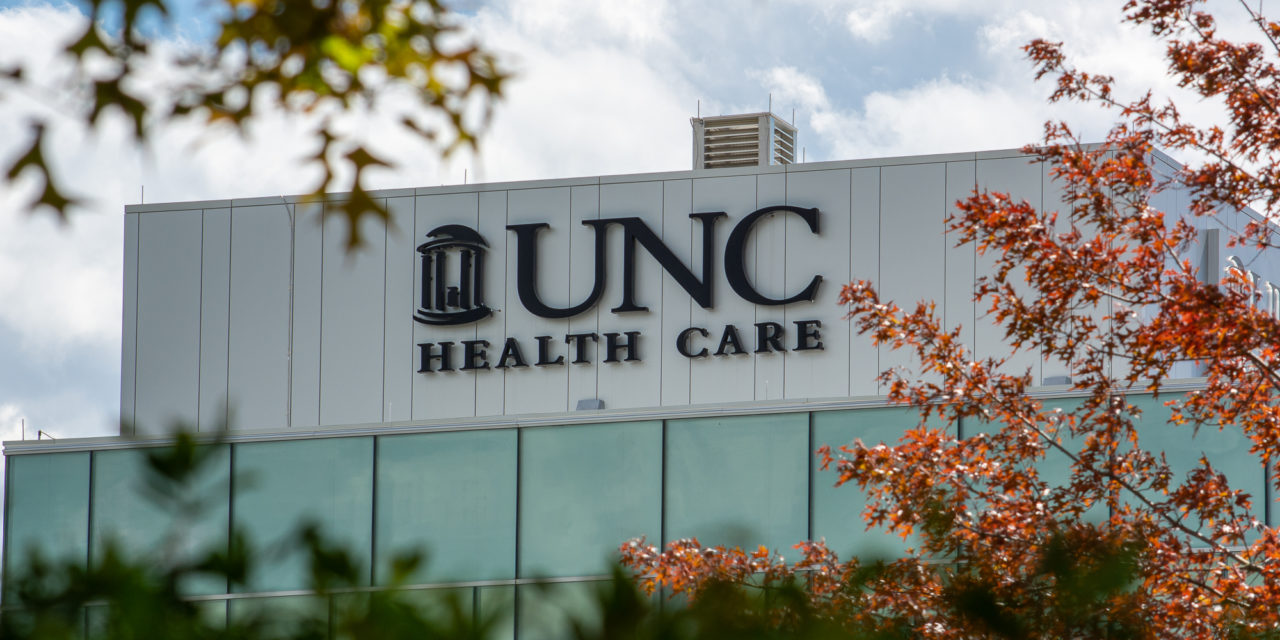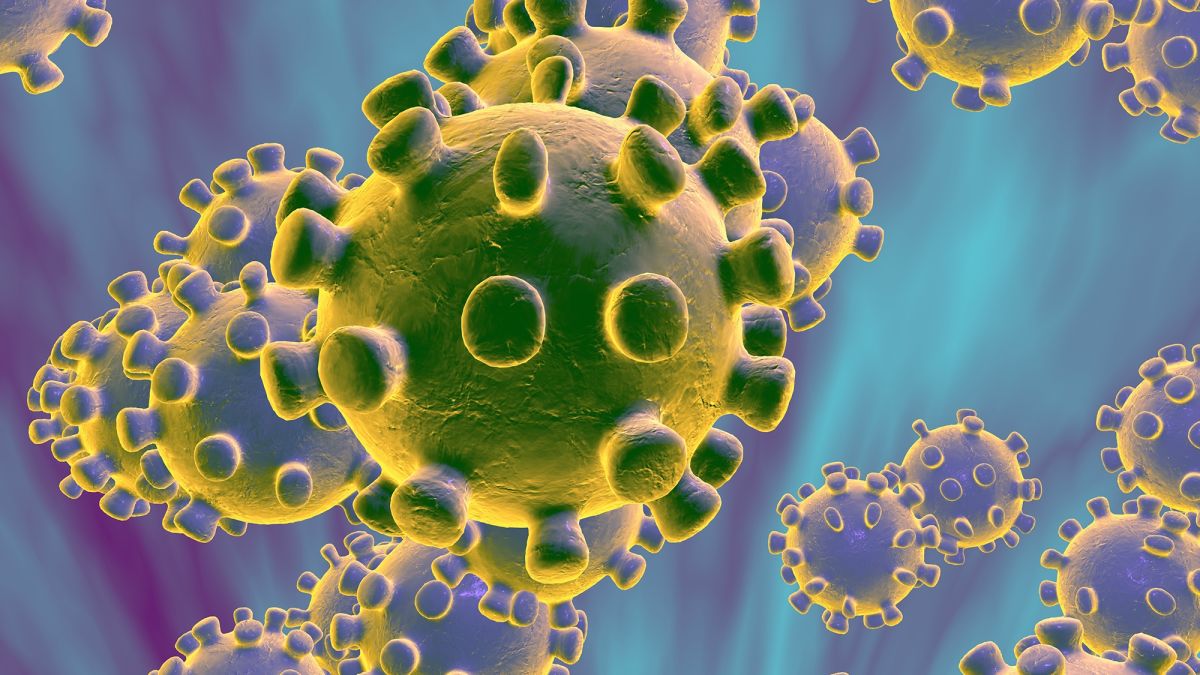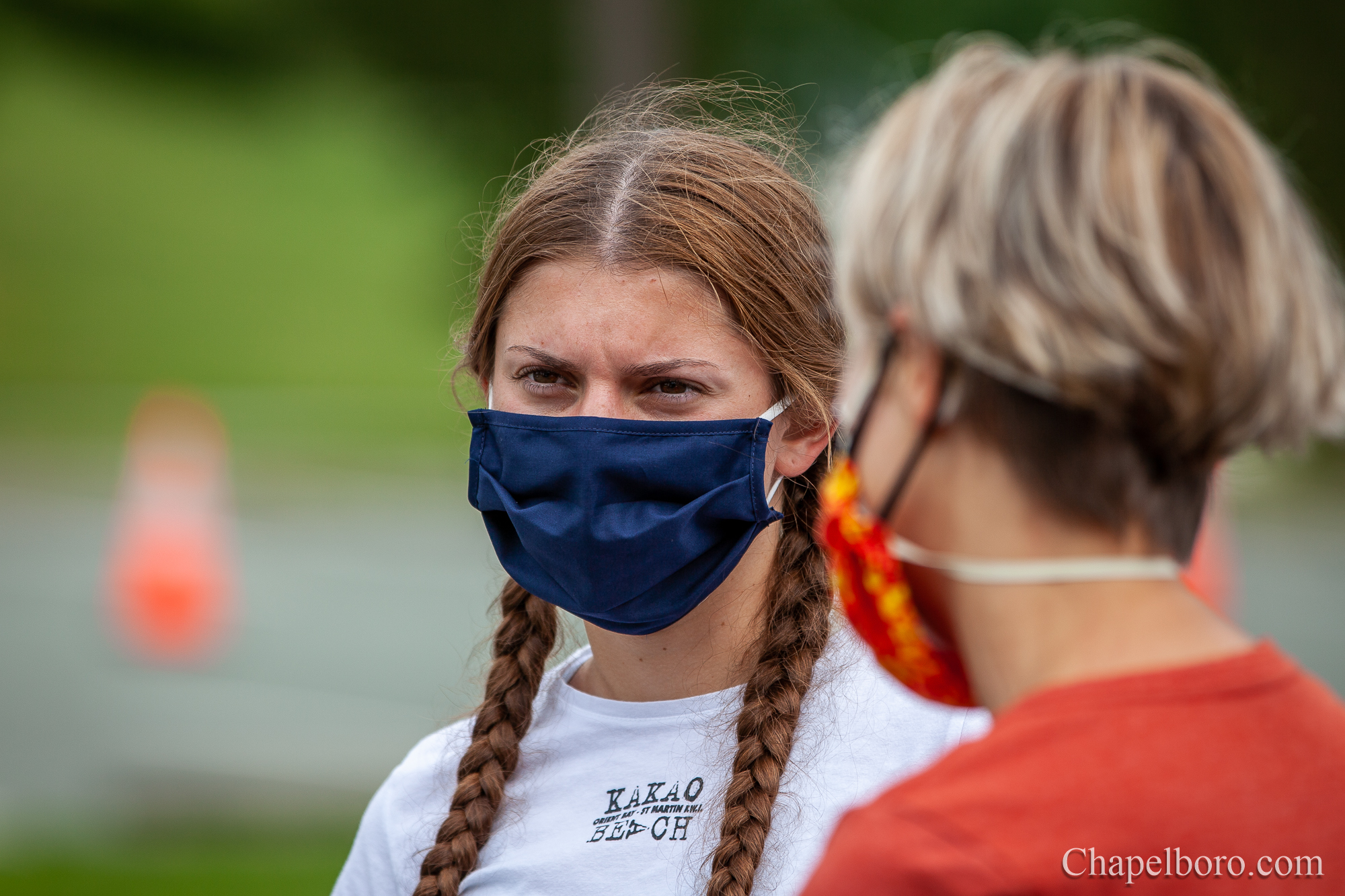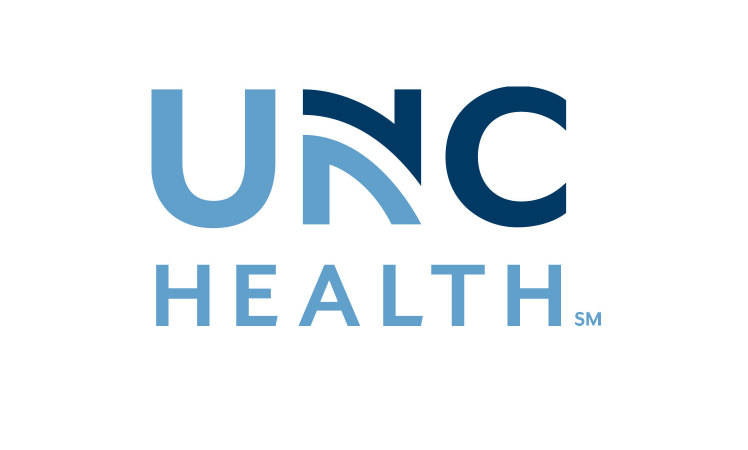For those who are showing symptoms and test positive for COVID-19, therapeutics are available right here in North Carolina to help keep residents out of the hospitals. Plus, clinical trials are underway at UNC to create better, more accessible treatments for those infected.
Dr. David Wohl is a professor of medicine and top infectious disease expert at UNC. He said there’s a lot of work being done in North Carolina, both at Duke and UNC, to try and find therapies that are even more convenient than what is currently on the market: monoclonal antibody treatment.
“Right now, if you get COVID-19 and you’re a little bit higher risk for severe disease, we can give you therapy, but it’s an IV,” Wohl said. “You’ve got to get hooked up to an intravenous line. It’s got to get infused inside your body over 30 minutes to 60 minutes one time. So that’s not too bad, but you know that’s not something that everyone can readily do or that there’s incredible capacity for.”
While antibodies are naturally made in the body to help fight disease, monoclonal antibodies are made in the laboratory to help attack invaders, like viruses, and keep them from entering cells. These lab-made antibodies are used to restore, enhance, or mimic the immune system.
Wohl said healthcare systems across the state, including UNC Health, have infusion centers to treat those eligible for monoclonal antibody therapy.
“Qualifications are based upon your risk,” Wohl said. “If you’re very, very young and healthy, you’re not going to be at really significant risk for getting severe COVID. But if you’re older or you’re heavier, or you have some underlying conditions that qualify you – which when you look at the list of things about 75 percent of Americans would fit the qualifications – you can get this treatment.”
Outside of monoclonal antibody treatments, Wohl said UNC is part of a federally funded study that is working to create more accessible, over the counter prescriptions to treat COVID.
This clinical study, dubbed Rise Above COVID, is a global movement to find medicines for COVID-19 through the ACTIV-2 Study – which tests different investigational medicines to see if they can help adults with COVID-19 recover more quickly.
“So, this is a huge effort to find really good medicines that can treat COVID early and prevent people from getting sick and hospitalized,” said Wohl, who is one of the lead investigators of the study. “What we need are easier things like taking a pill, and so we’re working on that as are others. And I think that’s going to make a big, big difference.”
Medicines administered in the ACTIV-2 study come in all different forms: pills taken by mouth, a shot or injection, an intravenous infusion, and oral medicine from an inhaler. Those who have tested positive for COVID-19 in the last 10 days are eligible to participate.
“Clinical studies are what gets us everything that we use for treatment,” Wohl said. “That’s how we got our vaccines for COVID. That’s how we get our medicines to treat dangerous infections in the hospital. That’s how we got medicines for HIV.”
Learn more about the study and investigational therapeutics currently being developed here. Additionally, find out if you are eligible for monoclonal antibody therapy at UNC here.
Chapelboro.com does not charge subscription fees. You can support local journalism and our mission to serve the community. Contribute today – every single dollar matters.







Comments on Chapelboro are moderated according to our Community Guidelines